Approach
Vanarai, a Pune-based NGO, adopts a holistic approach in villages, focusing on rural development and environmental conservation. Their strategy includes community engagement, afforestation, sustainable agriculture, skill development, women’s empowerment, healthcare, education, infrastructure development, advocacy, and partnerships. They collaborate with local communities, empower women, and promote sustainable practices while advocating for policies that enhance rural well-being. For detailed and up-to-date information on their specific village-level initiatives, it’s advisable to visit their official website or contact them directly.
Ecosystem-based Approach
Afforestation and Reforestation: Planting trees and restoring degraded ecosystems to improve environmental health and provide livelihood opportunities.
Water Resource Management: Focusing on sustainable water management through techniques like rainwater harvesting and watershed management.
Biodiversity Conservation: Promoting the protection of local flora and fauna to maintain ecological balance.
Sustainable Agriculture: Encouraging eco-friendly farming practices to enhance soil health and increase agricultural productivity.
Community Engagement: Involving local communities in decision-making and project implementation to ensure their needs and perspectives are considered.
Education and Awareness: Raising awareness about the importance of ecosystem preservation and sustainable practices among communities.
Advocacy: Advocating for policies that support environmental and rural development at local, regional, and national levels.
Contribution to National & Global Sustainability
1. Environmental Conservation: Vanarai’s afforestation, reforestation, and biodiversity conservation efforts help combat deforestation and habitat degradation. This has a positive impact on India’s ecological balance and contributes to global efforts to combat climate change and preserve biodiversity.
2. Sustainable Agriculture: By promoting sustainable farming practices, Vanarai helps increase agricultural productivity while reducing the environmental impact of agriculture. This aligns with global sustainability goals related to food security and reducing the carbon footprint of agriculture.
3. Water Resource Management: Vanarai’s work in sustainable water management, such as rainwater harvesting and watershed management, contributes to better water resource utilization, an essential component of both local and global sustainability.
4. Advocacy for Policy Change: Vanarai’s advocacy efforts at various levels can influence policy changes that support sustainable development, environmental protection, and rural well-being. This influence can extend to national and global policy agendas for sustainability.
5. Community Empowerment: By empowering local communities and enhancing their livelihood opportunities, Vanarai contributes to reducing poverty and inequality, which are important aspects of both national and global sustainability goals.
6. Education and Awareness: Vanarai’s educational and awareness programs foster a culture of environmental consciousness and sustainability in local communities, which can have a broader impact on society and contribute to global sustainability awareness.
Vanarai’s multifaceted approach to rural development and environmental conservation aligns with broader national and global sustainability objectives, such as the United Nations Sustainable Development Goals. By addressing environmental, economic, and social aspects of sustainability, Vanarai makes a meaningful contribution to creating a more sustainable and equitable future for both its local communities and the world at large.
SDG 1: No Poverty: Vanarai’s efforts to empower rural communities, promote sustainable agriculture, and improve livelihoods contribute to poverty reduction.
SDG 2: Zero Hunger: By promoting sustainable and productive agriculture, Vanarai plays a role in addressing food security and hunger issues.
SDG 3: Good Health and Well-being: Vanarai’s work on healthcare, sanitation, and clean drinking water can contribute to improving the health and well-being of rural communities.
SDG 6: Clean Water and Sanitation: Water resource management and initiatives like rainwater harvesting align with SDG 6.
SDG 8: Decent Work and Economic Growth: Vanarai’s focus on skill development, entrepreneurship, and sustainable livelihoods can contribute to creating decent work and economic growth in rural areas.
SDG 10: Reduced Inequality: By empowering local communities and addressing disparities in rural areas, Vanarai contributes to reducing inequality.
SDG 11: Sustainable Cities and Communities: Vanarai’s work may contribute to improving rural communities, their infrastructure, and overall living conditions.
SDG 12: Responsible Consumption and Production: Vanarai’s emphasis on sustainable agriculture and eco-friendly practices aligns with promoting responsible consumption and production.
SDG 13: Climate Action: Environmental conservation and afforestation efforts align with mitigating climate change.
SDG 15: Life on Land: Vanarai’s initiatives in afforestation and biodiversity conservation support the goal of protecting terrestrial ecosystems.
SDG 17: Partnerships for the Goals: Collaborations with local communities, government agencies, and other stakeholders exemplify Vanarai’s efforts to build partnerships to achieve the SDGs.
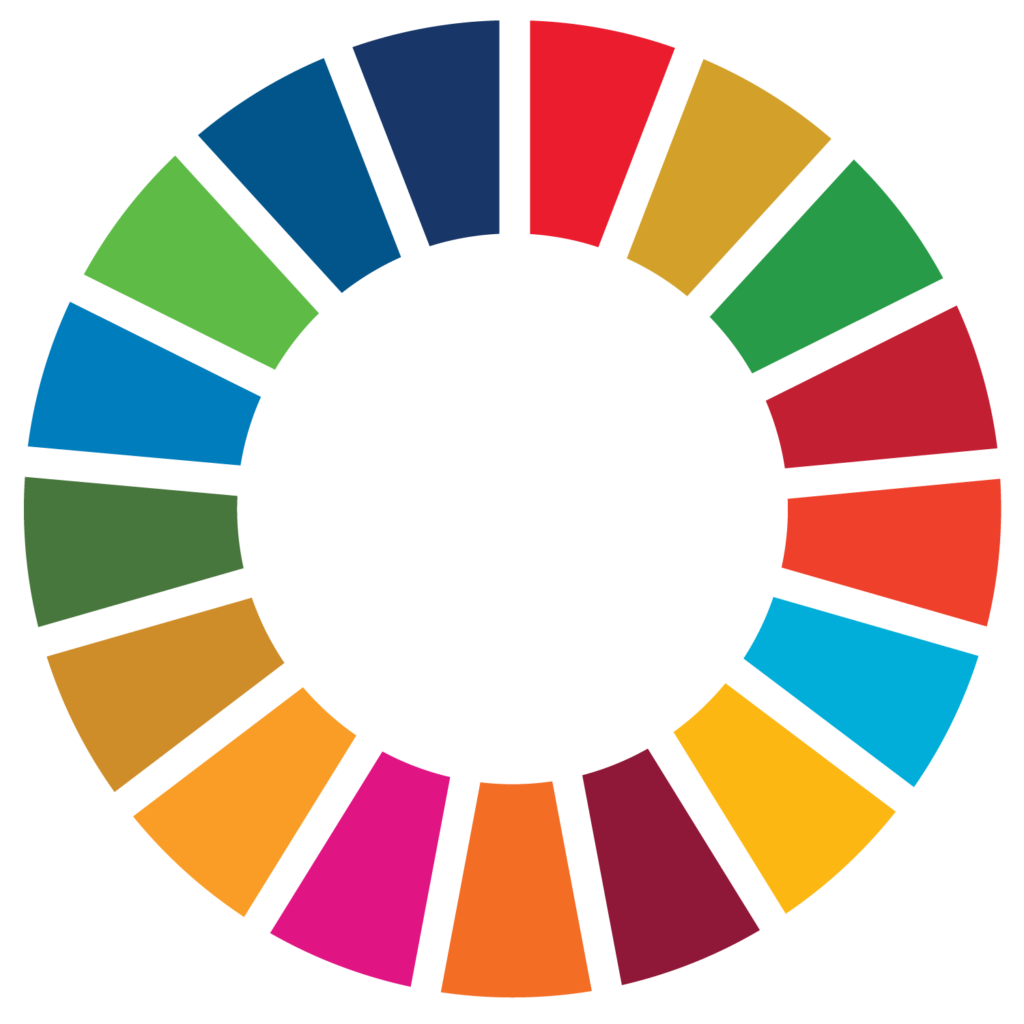
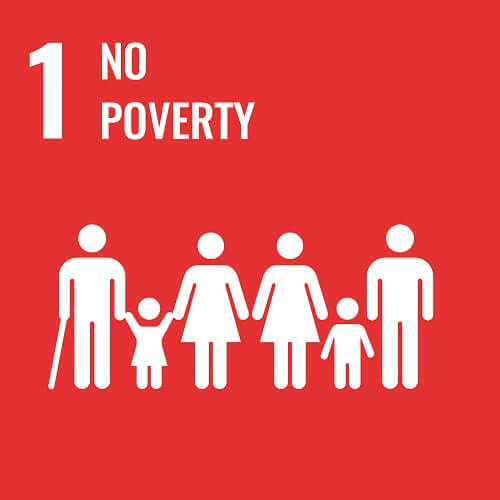

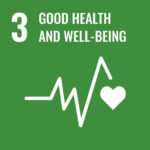

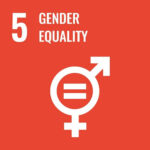
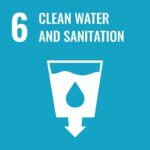
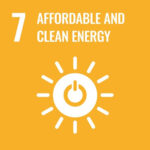
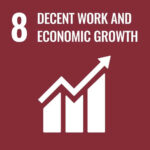
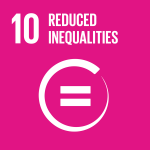
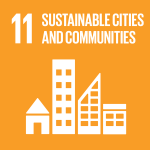
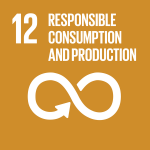
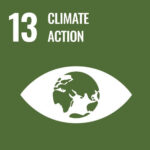
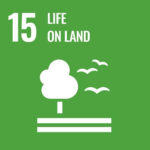
ABOUT US
Vanarai was established in the year 1986 by Padma Vibhushan Dr Mohan Dharia with the vision To combat the challenges of climate change through People's Movement for enriching the Eco - system to create clean, green, water prosperous and socio-economically empowered India.
ALL CONTACTS
- Vanarai, 498, Aditya Residency, Mitramandal Chowk, Parvati, Pune - 411 009.
- Office +020-24420351
- contact@vanarai.org
- Mon - Sat: 10 am - 06 pm
SUBSCRIBE
- Made by Head Marketing Team Vanarai - Copyright 2023
- contact@vanarai.org









